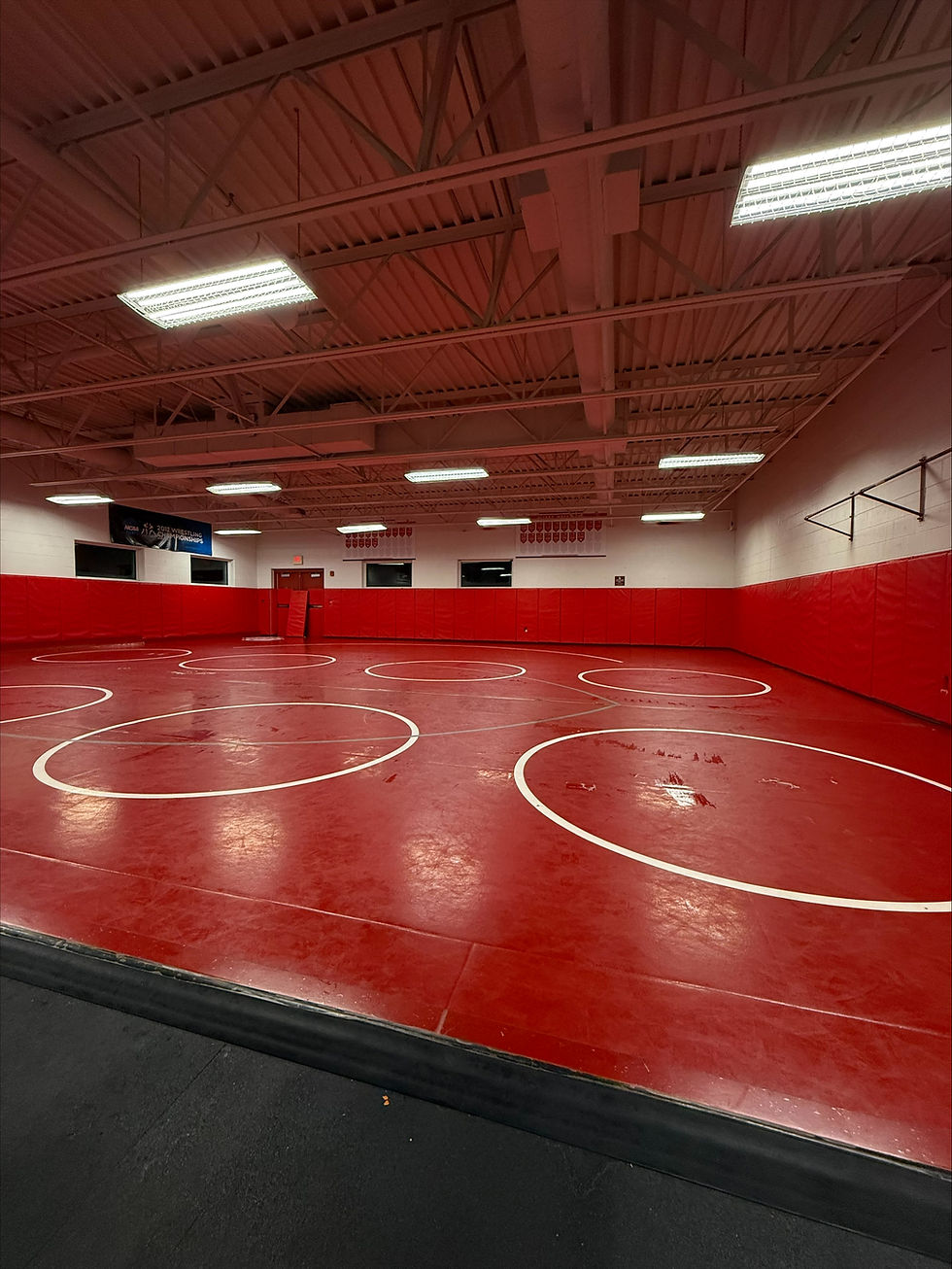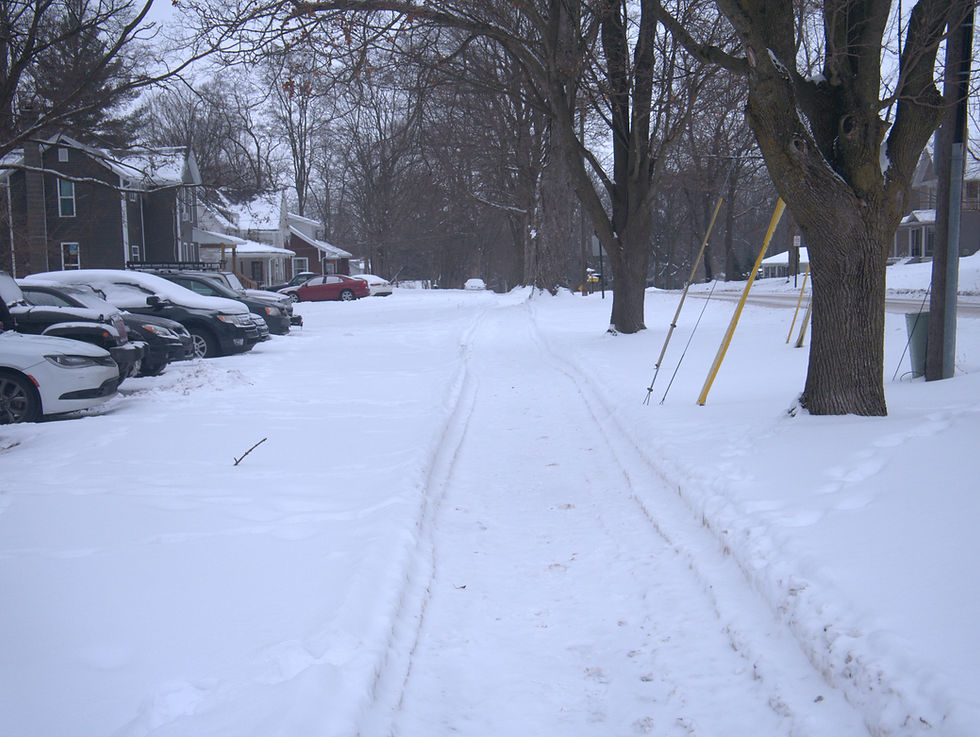Student Engagement Snapshot
- Brian Freiberger
- Nov 11, 2016
- 2 min read
Updated: Sep 23, 2020

During the 2015-16 school year Olivet surveyed first-year and senior students using the National Survey of Engagement (NSSE) to see how the college compares with other schools in student participatio
n and satisfaction.
Similar colleges would be other Michigan Alliance colleges (including Albion and Hope), Carnegie class schools, which are other private Liberal Arts institutions, and NSSE members across the country.
The results of these various surveys has shown that Olivet rates significantly higher than other institutions in multiple categories, such as collaborative Learning, student-faculty interaction and effective teaching practices, most notably.
"We want to know whether what we say we are doing for students is actually what we are doing," said Provost Maria Davis in a sit- down interview about why Olivet chose the NSSE.
NSSE is a non-profit organization administered by Indiana University. Olivet pays a fee to asses engagement and information about student experiences. Davis said it is not a college ranking system comparing which school is better, but rather its primary objective is to use data to see what Olivet is doing well and what it can do better. She went on to note one result.
"I think that, the average hours per week on course reading... we can help our students appreciate reading more. Reading, writing and critical thinking is all tightly linked… so that is one way we can look at the data," said Davis.
The average hours per week on course readings for first-year students were 6.2 hours here, compared to the Carnegie average of 6.3. Seniors clocked 5.1 hours at Olivet, compared to 7.6 Carnegie hours.
Average pages of assigned writing for the whole academic year for first-year students were 65.9 pages at Olivet, compared to Carnegie’s 48.4 pages. Seniors here rated 79.5 pages compared to 80.5 .
Each NSSE statistic is an estimate from two or more separate survey questions.
NSSE surveys schools based on two characteristics of value. First, the amount of time and effort students put into their studies and other school related activities. Secondly, how courses, resources and other opportunities involve student participation.
Here are a few questions and results from first-year students:
During the current school year, how many times have you and an academic advisor discussed your academic interests, course selections, or academic performance?
Olivet’s average was 3.1 times compared to the 2.3 NSSE average.
During the current school year, to what extent have your academic advisors informed you of important deadlines?
Olivet’s average was 3.4 times meaning "Quite a bit" compared to the NSSE average of 3.0.
One category Olivet can improve on is higher-order learning, according to the senior survey, as the average was significantly lower than other Michigan Alliance schools.
Another positive of the report was high-impact practices, which are positive associations with student learning such as learning about the community, service learning, and research with faculty. First year students rated 16 percent higher than other Carnegie classes. Seniors rated 10 percent higher.
Olivet is using NSSE during the 2016-17 school year to help see what Olivet needs to improve upon in the future to ensure the college’s goal of education for individual and social responsibility.









Comments